- European Union
Objective:
Strengthen the capacities of civil society in Oaxaca and San Luis Potosí to promote social cohesion in an innovative way through actions that propose social and laboral inclusion in dignified conditions for youth living in conditions of vulnerability between 15 and 29 years old, particularly women, and to contribute to the construction of public policies in favor of youth.











